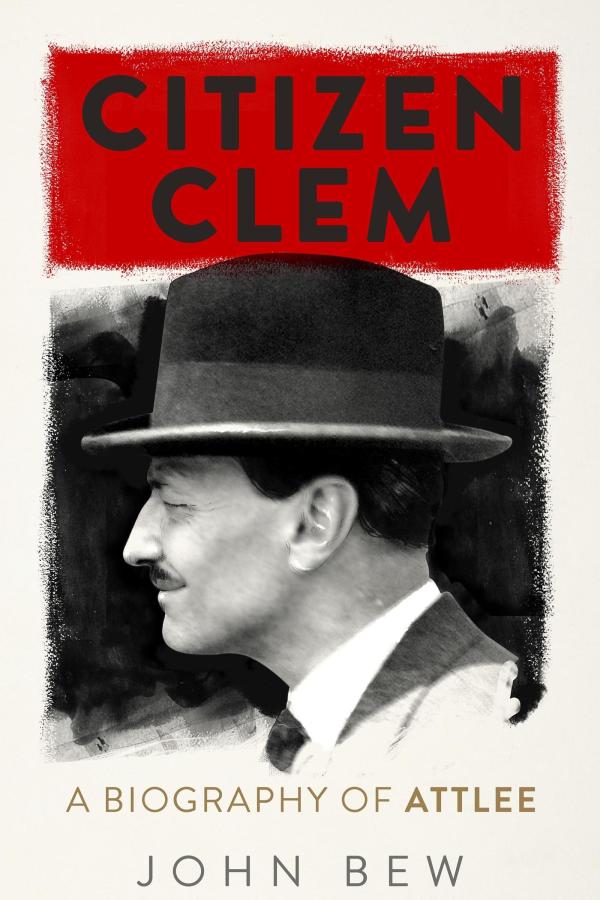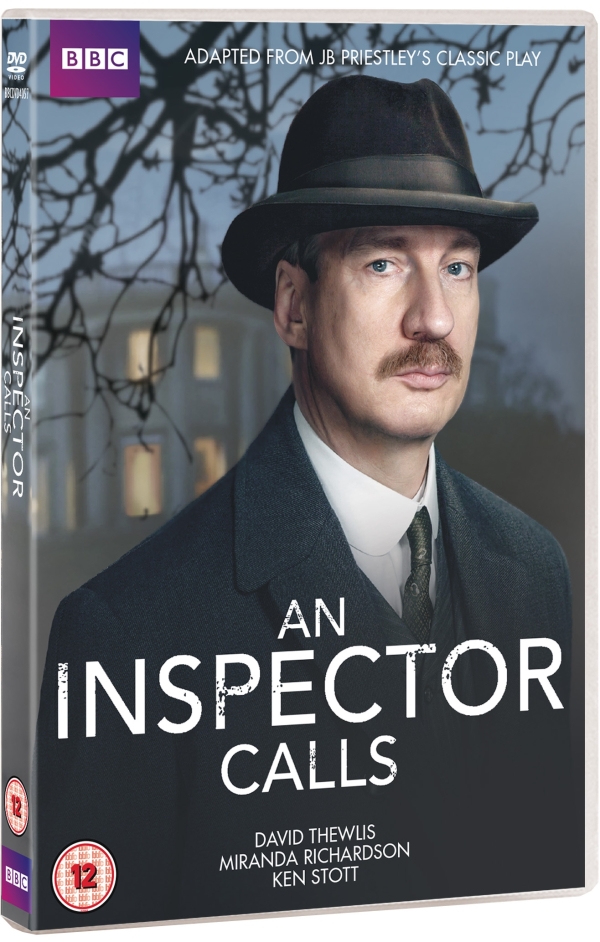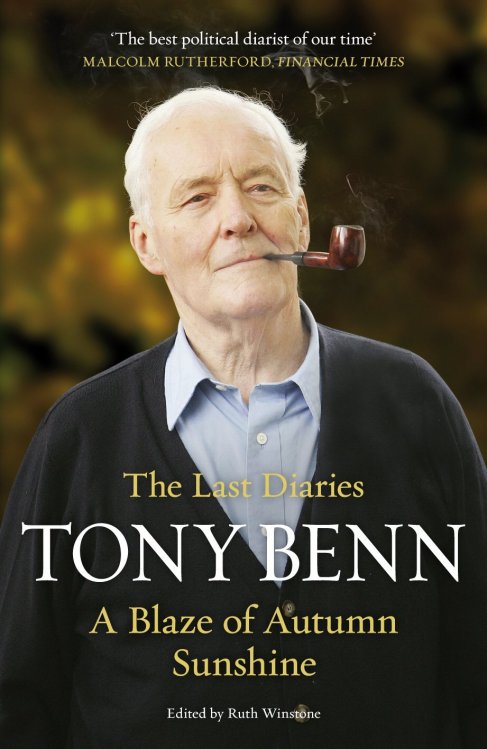Peterborough,
April 9th 1992

The world changed a lot between 1987 and 1992.
The Berlin Wall fell and the Soviet Union collapsed, ending the Cold War in the process. Nelson Mandela was freed in South Africa, but a new threat emerged in the Middle East in the form of Saddam Hussein.
In Britain, there was less change. I was fifteen now, but Britain was still under the same government as it had been under when I was two years old.
But even there, there had been change. By 1990, the Tories finally recognised that Margaret Thatcher (by then intent on promoting the Poll Tax and inclined to speak about herself using the royal “we” as in “We are a grandmother”) was far more unstable than anyone on the supposed “loony left” had ever been. Keen to avoid certain defeat, they brutally dethroned her. A necessary measure, certainly, but one the party does not seem to have ever fully recovered from, even now.

Instead, we now had John Major of Huntington, Peterborough’s neighbouring seat as Prime Minister: a far more agreeable choice. Amiable and pleasant, Major would turn out to have no aptitude for leadership whatsoever, but we didn’t know that in 1990. He hadn’t been tested. Even with a recession on, the Tories surged from a position of certain defeat under Thatcher to the point of being virtually neck and neck with Labour under Major. But this still represented Labour’s best chance in my lifetime, up to that point. Labour were about 2% ahead of the Tories throughout the 1992 campaign. At least, that’s what the opinion polls said.
Of course, as mentioned, I was now fifteen, not ten, so was undergoing a bit of change myself. My voice was wobbly and would often break at the end of sentences. I drew, swam and cycled less. I still read comics (now, arguably more grown-up ones like 2000AD: I had two letters published in the Galaxy’s Greatest comic at around this time). I was also starting to move onto “grown-up” novels like 1984 and Catch-22 although still mostly read Terry Pratchett books, meeting the great fantasy author himself during a book signing in Queensgate shopping centre. I ignored his younger friend completely: someone called Neil Gaiman. I’d also helped write a comic (“Flob”) with some friends. My contributions were I think mostly Viz-like and I doubt they have stood the test of time very well.

Home life had changed little. My older brother was about to get married and my sister, also now in her twenties, was close to the same situation. I was so self-absorbed at this point, I’m surprised I even noticed.
We had an Amiga computer and a Sega Game Gear. But this was 1992. Unlike teenagers today, I had never been online, sent an email, written a text or played a Wii. If you had told me I would one day be a blogger or work on a DVD magazine, I would not have not have understood what you were saying. A better, simpler life? No. It was rubbish. For one thing, if I wanted to know who directed Flight Of The Navigator, today I could find out in seconds. In 1992, I would have to go to the library (assuming it wasn’t a Sunday) and look it up in Halliwell’s Film Guide. And yes, that is the sort of thing I like to know sometimes (it’s Randal Kleiser, incidentally. He also directed Grease).

Change was not a key feature of life in my secondary school either. The Third Year became Year 9 (my own year) but that was about it. The headmaster was very traditional. We were required to stand every time he entered the room until he told us to sit down again a few seconds later (presumably we would have got in serious trouble if we’d refused to stand? Nobody ever attempted this).
Our school’s founder Henry VIII stared down at us from his expensive Holbein portrait in the dining hall. We were not a public school but there was a boarding house nearby mostly filled with the sons of those employed on nearby airbases. These jobs mostly no longer exist. Homework was called “prep”. The arrival of “short sleeve order” was occasionally announced in assembly. God knows what it meant. I never understood. It may have actually been called shirt sleeve order. I don’t remember getting in trouble over it anyway.

The school was hardly very representative of Peterborough’s large Indian and Pakistani population either (the Polish influx had not yet arrived). David Lammy (later a minister in the Blair and Brown governments) had been the school’s first black head boy a couple of years earlier but he had been exceptional. There is barely a brown face in any school photos at the time.
School election: 1992.
I did not excel in my new secondary school environment doing badly early on and quite well by the Sixth Form. I was in between these two points in 1992 and was doing okay. The school Mock Election held a week before the actual one piqued my interest although I would have been far too self conscious to stand myself.
Our school was relatively small: about 750 pupils. About 600 or so voted. In reverse order of success, the candidates/parties (people’s names are changed) were, as far as I remember:
The Meritocrats: A silly novelty party fronted by the older brother of one of my friends (I don’t think the younger brother even voted for them). They had funny posters featuring identical pictures of the candidate over a statement saying: “Ian cares for the environment” or “Ian cares for babies.”But the “silly vote” was entirely swallowed up by the Revolution Party (soon to be discussed) and this one only got about 25 out of six hundred and something votes.

Labour: The Labour candidate was actually a friend of the Tory candidate in my 1987 junior school election. I was incredibly socially awkward at this point but I attempted to hang out with her and a couple of boys who were running their campaign. I didn’t contribute anything meaningful. I attempted to submit some cartoons of John Major (about the only politician I could ever draw, then and now) but these weren’t great and understandably were not used. I couldn’t colour in and am not sure the jokes worked anyway: one was an attempt to parody the famous ‘Labour Isn’t Working’ poster from 1979.
That said, the posters they DID use – “hilarious” ones featuring a photo they had found of the school Tory candidate standing next to a wheelie bin beneath the legend “Is this man looking for a new job?” were crap too. Presumably they were suggesting he was looking for a job as a bin man? Of course, standing next to a bin wouldn’t achieve this. And he didn’t need a new job anyway? He was still at school. It didn’t work. That said, the Labour lot were an intelligent well-meaning bunch but my school was always overwhelmingly, hopelessly Tory. My younger brother who was at the school later confirms that the Conservatives even won heavily at the school in the mock election of 1997. Yes, even in 1997! I don’t think Labour got even a tenth of the vote in 1992.

The Lib Dems: A boy from a lower year whose name I’ve forgotten. He did well as a candidate and got about 120 or so votes I think. I’m doing pretty well to the remember the campaign as well as this, to be honest. I doubt many other people can, probably not even those who were actually candidates at the time.
The Tories: Another boy from my year, a Scot, a Christian who despite my fledgling socialist and atheist tendencies, I was on friendly terms with. He came a good second and now, I believe, has a politics-related job.

The Revolution Party: Peterborough was teetering very close towards electing a Labour MP (potentially its first woman MP too), one Julie Owens, just as the national election seemed poised to give Labour the keys to Downing Street. But my school was not very representative in this respect. A debate on banning fox-hunting in one class ended with a clear vote opposing any ban: pretty unusual for any group of urban British 1990s teenagers then, or I would suspect, now. The news that Margaret Thatcher had fallen in 1990 was greeted by concern amongst some classmates that Labour might get in by many, some fearing this would lead inevitably to a nuclear war. In short, most pupils like their parents, were Tories. But they were still teenagers (mostly) and there was a hint of rebellion in the air. The general feeling was that our traditionalist headmaster who was widely assumed – quite wrongly I later learnt – to be a Tory and would be most annoyed by a silly gimmicky party hijacking the election. This last bit probably is true.
So this is what happened. Fronted by a Sixth Former, the Revolution Party had the best election poster (which stated simply that “Lenin was a chap”) and used cheaply bought stickers featuring the dog Odie from the Jim Davis Garfield cartoon strip as their symbol. Although hardly very anti-capitalist in retrospect, this really took off as a gimmick. For about an hour or so during one lunchtime, I got slightly carried away and briefly wore an Odie sticker on my maroon lapel myself. But I didn’t repeat my 1987 betrayal.
I still voted Labour. I wasn’t that disappointed when Labour almost came last though. The real result during the school’s Easter Holidays would be different, I knew. Peterborough would fall to Labour and Neil Kinnock would lead Labour back into power.

The real election.
I did not stay up to watch all the results for some reason: a fortunate move in retrospect, although my younger brother, by now eleven but still indifferent to the result, camped out in our back garden in a tent. This wasn’t because of the election. It was just something he liked to do. Apparently some people still like to go in tents for fun today.
Like most people I expected Labour to win narrowly. While as the ITV puppet-based comedy Spitting Image pointed out, “You can’t hate John Major,” the Tory campaign seemed weak at the time. Initially Major began with staged unconvincing “informal chats” with party supporters. “What would you say to younger people to warn them of the dangers of a socialist government?” was typical of the challenging questions the PM met with. The Tories thus soon resorted to the “Major standing on a soapbox in the street” strategy. This is now remembered fondly. But even this was attacked at the time notably by Edwina Currie, in retrospect, probably vengeful after the end of her affair with Major in the Eighties. She complained Major looked more like an Opposition leader than a PM on his soap box.

The great irony of Labour’s Neil Kinnock’s career was that having effectively saved the Labour Party from destruction in 1983, he had now become their biggest obstacle to power. John Smith, Robin Cook, Margaret Beckett, Jack Straw, Jack Cunningham, Bryan Gould, Gordon Brown, Tony Blair: the frontbench otherwise looked hugely talented in 1992. Kinnock meanwhile seemed to have greatness within him but was flawed. He was a great orator on occasion and as with Ed Miliband tabloid attempts to smear him as “devious” never really seemed convincing. But he rambled too much and basically didn’t inspire confidence.

And the polls were wrong. The Tories won again.
Ultimately, even the news that the architect of Tory victory Chris Patten had lost his own seat in Bath (and unlike Portillo five years later had the decency to look thoroughly miserable in public about it afterwards) was no real comfort. “It’s a Tory Major-ity!” punned the pro-Tory Peterborough Evening Telegraph above a picture of grinning Brian Mawhinney who had also unexpectedly won again in Peterborough. Julie Owens would never become an MP while the father of a friend standing for the Liberal Party (which, like most people, I endlessly confused with the new Liberal Democrats) came fourth.
I was already developing an interest in US politics and switched my attention to Governor Bill Clinton’s increasingly promising campaign over there.
For Britain seemed lost. If Labour couldn’t win during a recession when could they win? I was going through changes but the nation wasn’t. The Tories seemed destined to rule forever.
But, in fact, almost the opposite would turn out to be true. I was 15 then. Now I am nearly 38. And it is the Tories not Labour who have failed to win a single General Election in the twenty or so years since.
As John Major would have said: “Who’d have thought it?”















































































